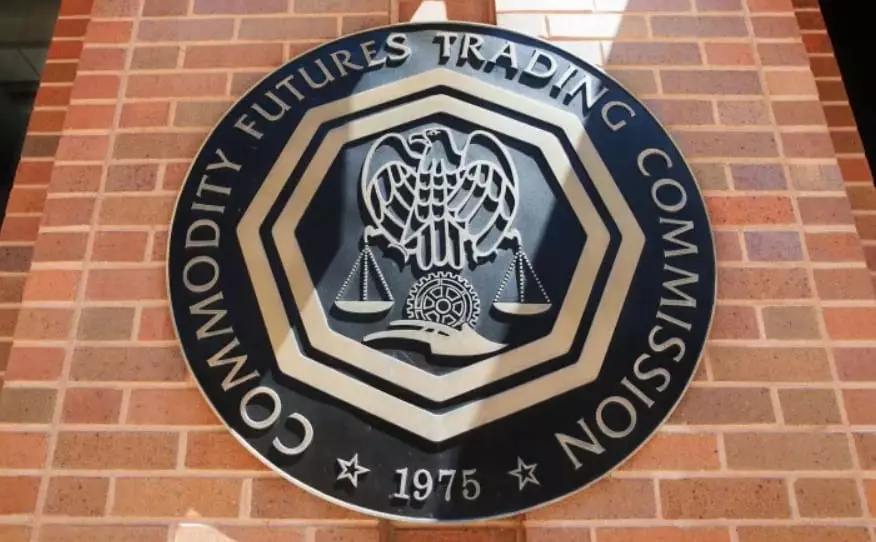The Commodity Futures Trading Commission (CFTC) is intensifying its scrutiny on firms like Crypto.com and Kalshi, requesting clarity on the compliance of their Super Bowl event contracts with derivatives regulations. This inquiry underscores the CFTC’s authority to demand comprehensive documentation from companies that self-certify their financial products. The regulatory body emphasizes the necessity for mechanisms that prevent manipulation and secure adherence to established financial obligations. As a part of this scrutiny, the CFTC may act on its findings by enforcing existing laws or suggesting new regulatory measures tailored to digital finance.
This heightened regulatory engagement comes on the heels of the CFTC’s announcement regarding upcoming public roundtables aimed at addressing pressing issues in the derivatives market. Event contracts are poised to be a significant discussion point, as they interlink the interests of sports, entertainment, and finance—areas increasingly intertwined with innovative trading practices. In this context, the commission’s focus on event contracts reflects a larger trend of regulatory bodies grappling with the rapid evolution of trading mechanisms that draw on technology and public interest.
Crypto.com’s Response to Regulatory Challenges
In response to these regulatory developments, Crypto.com has publicly expressed its confidence in the legality of its event contracts. The company views the CFTC as a critical player in maintaining market integrity, stating its commitment to cooperate with the review process. Following regulatory concerns earlier this year, Crypto.com opted to withdraw two controversial contracts from scrutiny and instead self-certified a new contract linked to spectator sports. This move indicates the firm’s strategy to navigate regulatory landscapes while addressing potential legal challenges.
The Broader Implications for Event Contracts in Finance
The scrutiny faced by Crypto.com and Kalshi also shines a light on the burgeoning trend of event contracts, particularly in light of Robinhood Derivatives’ launch of event contracts related to the Pro Football Championship. These contracts allow traders to speculate on outcomes of major sporting events, indicating a growing acceptance and interest in this form of trading. Consequently, these developments invite closer examination of how derivatives laws apply to prediction markets, particularly those utilizing blockchain technology—a realm that has attracted attention from regulators for its unique challenges.
As the CFTC continues its inquiry into firms like Crypto.com and Kalshi, the stakes for the derivatives market could not be higher. If the CFTC determines that these contracts do not comply with existing regulations, enforcement actions or new regulations may follow. The landscape of predicted trading could change dramatically, which may stifle innovation or alternatively lead to more robust financial products and oversight. The regulatory trajectory ahead not only affects businesses and traders but also shapes public perception of cryptocurrency, derivatives trading, and their intersection with mainstream finance.
The ongoing evaluation by the CFTC represents a critical moment for the derivatives market, spotlighting the balance between innovation and regulation in an evolving financial terrain. It also raises questions about the future of event contracts as they become a focal point of regulatory scrutiny, prompting stakeholders across the industry to navigate a complex and dynamic environment.

